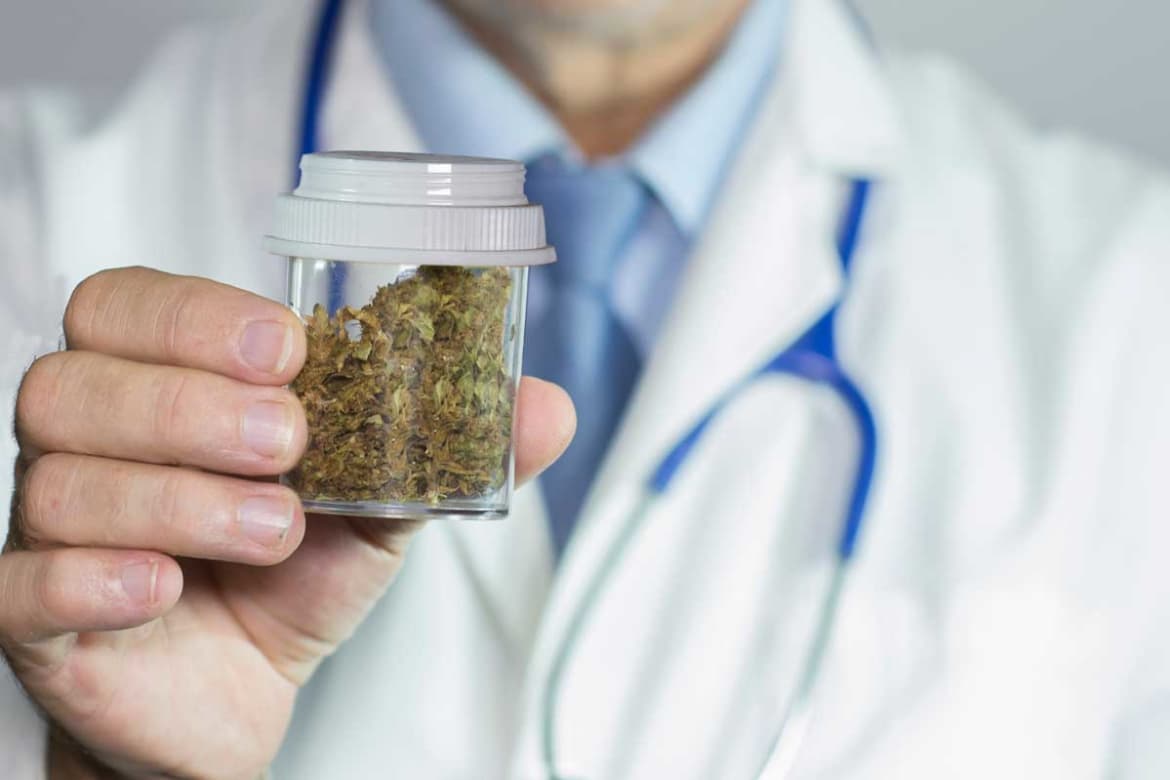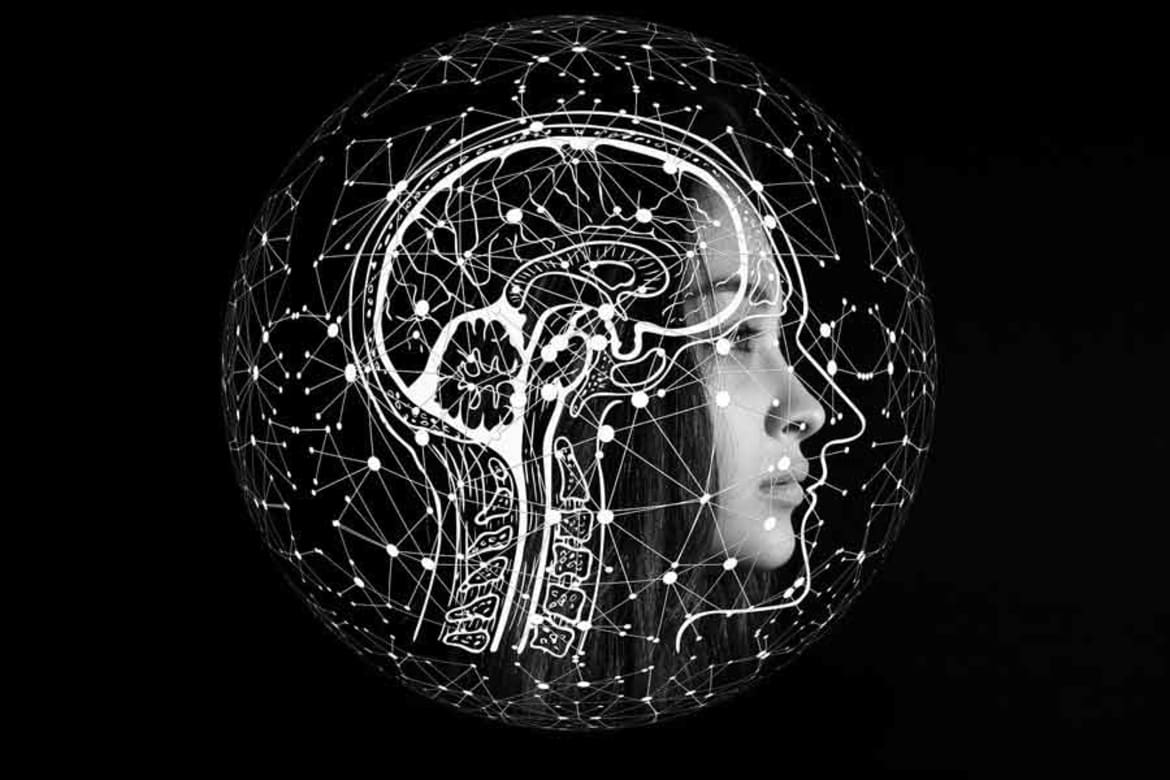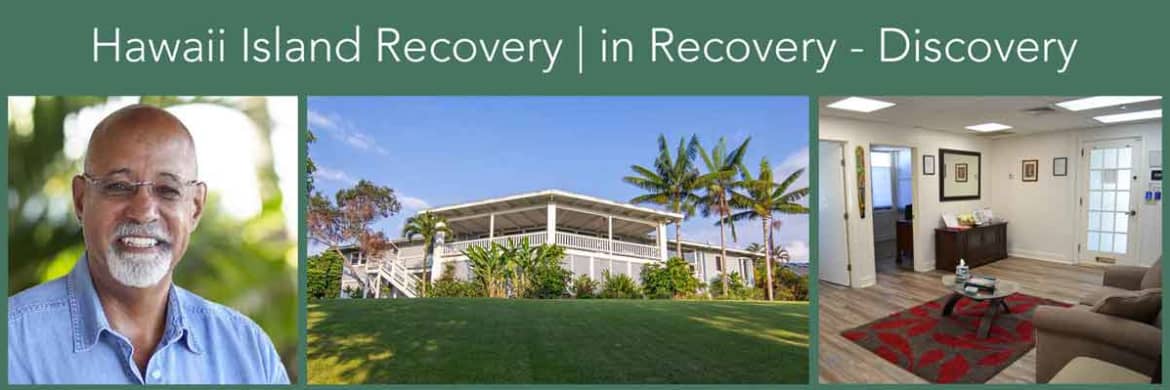Marijuana Addiction Treatment in Hawaii
Our marijuana addiction treatment is administered within the framework of a 12-Step program to support a full and lasting recovery.
Get Help Today
Understanding Marijuana Use
Marijuana, also commonly referred to as weed, pot, or bud, is a psychoactive substance that many individuals use for both medical and recreational purposes. According to the National Institute on Drug Abuse (NIDA), “Marijuana is the most commonly used drug after both tobacco and alcohol.” It’s also often the most accessible, as it is legal in some states in the United States, leading to many misconceptions about drug use and its effects.
Although marijuana is used for both medical and recreational purposes — and is even legal in some states — it can and does lead to drug addiction for many users. Of those who reported using marijuana, about 30% also reported having an addiction to it, making an effective addiction recovery treatment plan crucial for overcoming substance use disorder and the lingering effects of marijuana addiction.

How Does Marijuana Work?
Marijuana contains a powerful psychoactive substance called THC (tetrahydrocannabinol), which is released as it is smoked. Sensations of euphoria and relaxation are experienced by individuals rapidly after ingestion, which is most commonly done through smoking or eating items that have marijuana as an ingredient.
Marijuana impacts the functioning of the brain, which is responsible for feelings of euphoria and relaxation, due to the presence of cannabinoids that impact the nervous system’s ability to regulate. Cannabinoids distributed through the brain and body when marijuana is present in an individual’s system affect areas of the brain that are also responsible for regulating:
- Pleasure
- Memory
- Thinking and concentration
- Movement and coordination
- Sensory and time perception
Most often, like with other substances, the pleasurable side effects associated with marijuana are what leave individuals wanting to use again. It’s important to note that, even if an individual does not begin using marijuana with the intention of becoming addicted, addiction can and does occur. Some individuals are more or less susceptible to experiencing the illness of addiction based upon differences in genetic, biological, environmental, and psychological make-up.
However, there is nobody immune to developing addiction, with personalized recovery programs, treatment services, and a holistic approach to substance use treatment being necessary to address specific needs in overcoming marijuana addiction.
Short-Term Effects of Using Marijuana
Using marijuana causes several short-term and long-term side effects with continued use. Short-term side effects include, but are not limited to:
- Feelings of relaxation and euphoria
- Increased anxiety, fear, distrust, or panic
- Heightened sensory perception
- Increased laughter
- Altered perception of time
- Increased appetite
- Hallucinations, delusions, and/or experiences of depersonalization
However, even as these effects subside, marijuana and marijuana addiction can continue to impact the physical, mental, and behavioral health of a person.
Long-Term Effects of Using Marijuana
Continued use of marijuana causes a variety of long-term, adverse side effects that are detrimental to one’s overall well-being. The side effects include, but are not limited to:
- Cognitive impairments
- Difficulty with memory, concentration, and learning
- Decreased ability to regulate impulse control, leading to potentially lethal risk-taking
- Heart damage
- Potential for marijuana to act as a gateway drug, leading to the use of other illegal, and oftentimes more harmful, substances
What Does Marijuana Addiction Look Like?
Although marijuana isn’t inherently considered an addictive substance, it often leads to individuals becoming dependent on marijuana as their tolerance of it also increases. The experience of dependence and tolerance looks like having and needing to use marijuana in higher doses and more frequently to experience the same effects that led an individual to use marijuana in the first place.
Additionally, marijuana is often considered the gateway drug, meaning it often leads to experimenting with and using other drugs that are more powerful and harmful than marijuana in years to come, all of which can lead to drug addiction.
Marijuana addiction looks similar to other types of drug addiction, the only real difference being what an individual’s drug of choice is. You or your loved one may be struggling with addiction if you’re noticing any of the following symptoms:
- Changes in behavior
- Problems at school/work
- Inability to complete daily activities of living
- Social withdrawal and/or isolation
- Financial hardship and/or unexplained issues with money
- New physical and/or mental health concerns
Noticing these potential signs of marijuana addiction in yourself or a family member can be a reason to contact Hawaii Island Recovery or a local addiction treatment center to learn more about available therapy options and modalities to begin an effective and personalized addiction treatment program.
Treatment for Marijuana Addiction
Like other drug and alcohol rehab programs, treatment for marijuana addiction begins with medical detox, where individuals are supported in drug detox under the supervision of medical professionals who have specialized training in the withdrawal phase of addiction. Medical professionals are trained in this process due to the intensity of symptoms that come along with drug detox periods, such as heightened anxiety, intense drug cravings, and nausea, to keep those detoxing and those around them safe.
Once drug detox is completed, individuals may continue with residential care, often at the same facility they underwent medical detox with. At Hawaii Island Recovery, Hawaii’s premier residential substance abuse treatment center, we offer residential treatment stays for 30 to 90 or more days, depending on individuals’ need for residential care and goals for recovery and healing. Before beginning this phase of treatment, individuals meet with our treatment team to discuss what types of holistic, evidence-based, and experiential programming will be most supportive of their needs and goals as they begin their journey of sustainable recovery and sobriety.
We offer a comprehensive approach to marijuana addiction and recovery, with evidence-based therapy programs and approaches like cognitive behavioral therapy (CBT), dialectical behavior therapy (DBT), motivational interviewing (MI), and much more, alongside holistic healing in adventure therapy and mental health treatment. Likewise, combining individual therapy and group therapy creates a treatment approach that blends proven treatment programs with a uniquely Hawaiian culture and spirit, bringing new ideas and community that stays with you long after your time at our rehab center has ended.

Next Steps
After residential treatment, most individuals continue treatment and care with intensive outpatient support and programming to support them as they reintegrate into their life, relationships, and community without being in a residential treatment every day. Having support as you create a new structure and way of being in your life where you are not under the constant care of a treatment team is important, as new habits are built and self-trust is formed. Without appropriate holistic and evidence-based care, even after residential stays are completed, drug relapse is more common.
Our goal at Hawaii Island Recovery is to support individuals as they navigate healing in a way that makes sense for them through evidence-based, holistic, and experiential treatment programming in an environment that encourages healing, growth, recovery, and sobriety. We provide you with skills and resources for you to become the agent of your own ongoing change and healing throughout your entire recovery journey.
Drug addiction quickly derails one’s well-being, relationships, and everyday life. Without treatment, the short- and long-term effects of continued use can be highly destructive. However, treatment is always available, and recovery is possible through finding a treatment program that supports your specific needs, goals, and experiences. At Hawaii Island Recovery, located on the Big Island, we can help you experience lasting recovery, sobriety, and wellness in a transformed sober life.
Get Help Today!
If you or a loved one need help, call Hawaii Island Recovery toll-free right now.
866-390-5070FREQUENTLY ASKED QUESTIONS ABOUT MARIJUANA ADDICTION
Is it possible to be addicted to marijuana?
Marijuana addiction is rare, but it is certainly possible. The National Institute on Drug Abuse estimates that 9% of people who use marijuana will eventually abuse the substance. Stress, mental illness, environmental factors, and genetics can also play a factor in increasing a user’s risk of dependency or addiction.
What are the long-term effects of marijuana addiction?
Extended use of marijuana affects the user’s body and mind. Especially when use begins in adolescence, marijuana can affect brain development and emotional regulation, leading to anxiety, depression, and cognitive difficulties. Physical effects include increased heart rate after use and breathing problems similar to those experienced by people who smoke tobacco regularly.
What are the symptoms of marijuana withdrawal?
Not every person who uses marijuana will experience dependency or withdrawal symptoms, but those who do report a range of symptoms, including:
- Irritability
- Mood swings
- Difficulty sleeping or restlessness
- Decreased appetite
- Cravings
- Physical discomfort
What are the signs of marijuana dependency or addiction?
If you experience withdrawal symptoms whenever you attempt to quit marijuana, you may have developed a dependency. Continuing to use marijuana, despite it causing legal problems or problems in your life, career, or relationships, can also indicate the need for professional help to address dependence or addiction.
How is marijuana addiction treated?
Cognitive behavioral therapy (CBT) has been proven to help drug users and addicts recognize and replace unhealthy beliefs or behaviors. When combined with a 12-Step program for accountability, therapies such as CBT can be key to a marijuana addict’s recovery. Because mental illness increases the risk of dependency, some marijuana abusers also benefit from dual diagnoses to treat both the addiction and any underlying condition.
How long do you stay in rehab for marijuana?
Each program is different, and your length of stay will vary depending on your needs, severity of addiction, and progress in treatment. We offer residential treatment programs that last anywhere from 30 days to over 90 days, and can be adjusted to fit your unique needs and goals in recovery.
However, graduating from residential care does not mean that your recovery journey has ended. Rather, you will transition to outpatient care, continuing to engage in an effective recovery community in Hawaii or at home to facilitate ongoing healing, develop new strategies, and update your recovery plan to address stresses, challenges, and reach new milestones in your marijuana-free life.
Progress in healing should not be measured by time, but rather by the accomplishments of each individual in healing. Each person will navigate healing and change at their own pace, and focusing on oneself, personal goals, and more can be the most effective way to measure one’s success in overcoming marijuana addiction.
Do you accept private insurance?
We accept many different types of insurance providers. To determine if we can accept your specific provider and what specific aspects of treatment will be covered, be sure to reach out to our team at Hawaii Island Recovery. One of our Intake Coordinators will have you fill out our “Verification of Benefits” form, which is available on our website. From there, we can work with you to determine your eligibility for insurance coverage at our recovery center.
Do I need to live in Hawaii to get addiction treatment in Hawaii?
No. While we do treat residents around the Island of Hawaii, such as Maui, Ohana, Hilo, Honolulu, Kaneohe, Kailua-Kona, and Oahu, we also offer help to individuals across the United States, such as California, Oregon, Washington, and Alaska. If you are interested in embarking on your recovery journey in the serene and unique setting of Hawaii, please get in touch with our admissions team for more information.
Recovery is about the journey, never the destination, and there is perhaps no better place to start that journey than right here with us on Hawaii’s Big Island. Yes, recovery is just over the horizon; let us help you get it.
Do you accept referrals?
Yes! Hawaii Island Recovery does accept referrals. We welcome assistance from other healthcare providers, counselors, and organizations that want to help their clients or patients begin their journey to recovery with us. Our team works collaboratively to ensure a seamless integration of care and support for individuals seeking detox and addiction treatment. If you have a referral or organization you want to connect with us, please contact our admissions team for further details and next steps. We are committed to providing accessible and effective treatment options for everyone, regardless of how they are referred.
Despite its ubiquity, marijuana can still be an addictive and destructive substance. To learn more about the treatment options available for overcoming marijuana addiction, call (866) 390-5070 to speak to one of our staff members and explore how Hawaii Island Recovery can personalize a treatment program to fit your needs.
 Hawaii Island Recovery
Hawaii Island Recovery 









